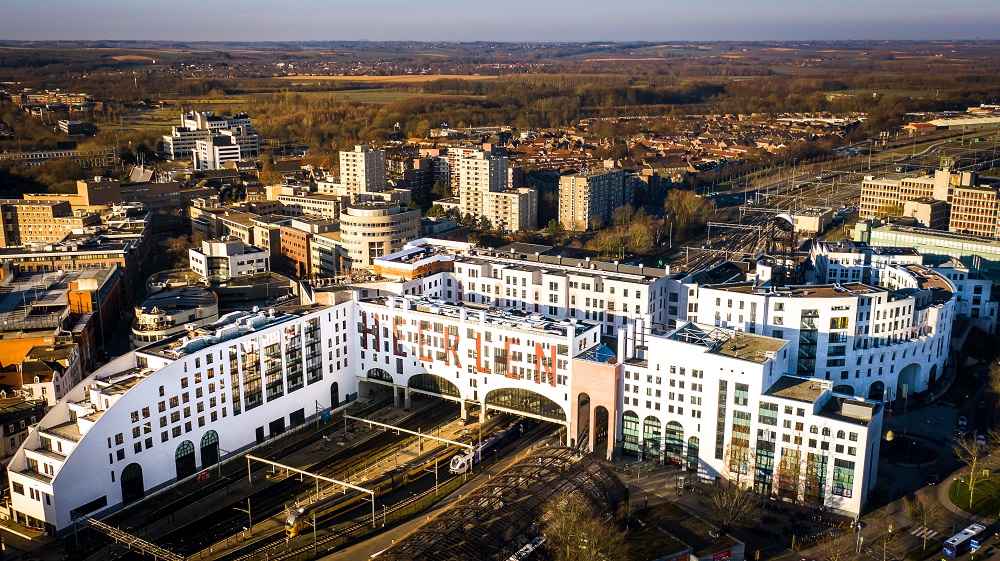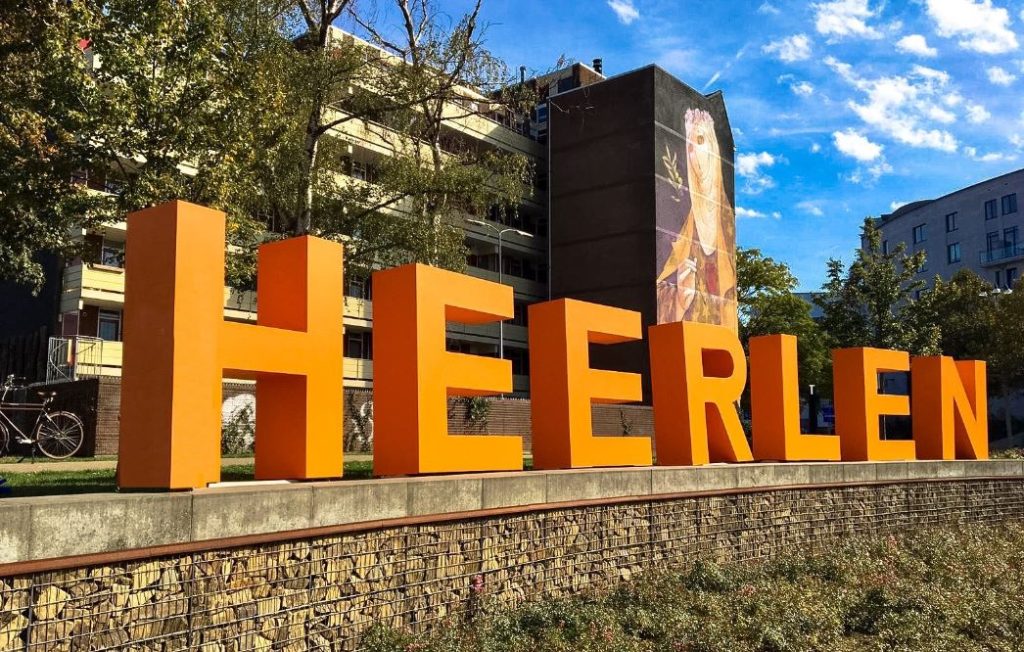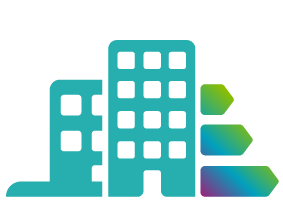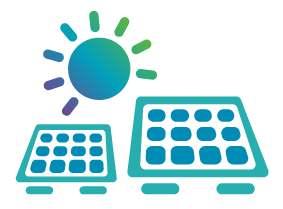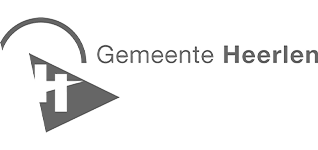- Events
- June 12, 2025
- - June 12, 2025
- Pancratiusstraat 30, 6411KC Heerlen
Wij nodigen u van harte uit voor een inspirerende workshop waarin we samen verkennen hoe we collectieve actie, financiële ondersteuning en sociaal beleid kunnen inzetten om energiearmoede aan te pakken. We komen samen met experts, beleidsmakers en praktijkmensen die met passie werken aan een rechtvaardige energietransitie.


